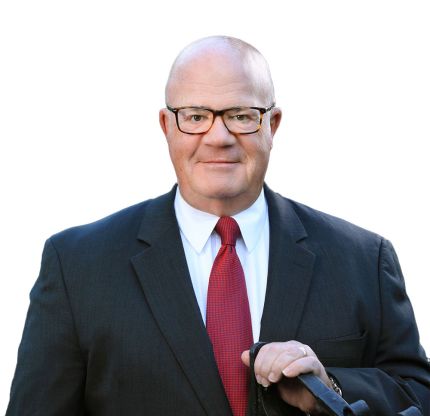
Are Funeral Directors “Wired” to Lose in The “New Normal” Part 2
Last week, in Part 1 of this series, we explored the idea that funeral Directors, as consummate relationship builders, may be wired to lose in an environment that has changed radically over the past 30 years. Based on non-industry research we posited that the “Challenger” style was 13 times more likely to succeed in the “New Normal” than relationship builders.
Based on comments I received, it seems this concept has both struck a chord and may very well prove to be true. Brad Speaks of Speaks Memorial Chapels in Independence, MO. made this observation:
This is incredibly insightful. Ancedotal evidence in our firm seems to support your hypothesis, with some of our “old-school” FD’s (yes, they are consummate relationship builders!) yielding results to a group of “challengers” who teach and, perhaps more telling, don’t mind selling one bit. We see higher sales averages with the challengers, to be sure, but the thing that I find most interesting is that their individual survey scores are typically higher as well. In other words, despite being people-pleasers, the relationship builders don’t get the same results from the consumers. Our group is relatively small, with six full-time arrangers plus a manager, so it would be interesting to do a wider study. But my guess is that the results would be pretty similar.
If we follow the logic of the theory it would seem that, while people do like nice people, they may like people who expand their consciousness even more. I wonder if they interpret this challenger behavior as more professional and caring.
Now, in a profession (and I believe it has moved in the last half century from a trade to a profession) that is populated largely by relationship builders, it is essential that we understand that challengers are not conflict-oriented by nature. Nor is it their intent to upset the customer. Rather, they are teachers and they use teaching as a way of differentiation from competition. We often hear our profession saying “We need to educate our customers.” There is a big difference. What we really mean when we say “educate” is convincing people of our way of thinking. Challengers certainly want to accomplish that same thing, but they see their primary duty as helping clients explore options to help them make the best decision…even if that decision doesn’t necessarily include them. That may seem altruistic but not really.
Let’s take a common example for this brief article: Direct Disposition. For someone in their 60’s or 70’s with a large social network it’s a bad idea. You know it but they don’t because they don’t have the ability to think it through. But you actually have a responsibility to help them do that. For someone who is in their 90’s or even over 100 with a non-existent social network, however, it can make sense. But maybe a better option would be to have a small gathering of survivors and close friends for a goodbye ceremony. Or, let’s discuss the disposition of ashes (I think the word “cremains” is manipulative…sorry). When one of my friends tells me they just want their ashes scattered in a favorite spot I always respond that, while that sounds like a good idea, it is often not. That statement always leads into an exploration of why it is important to formally say goodbye and the suggestion that if they want their ashes scattered they should always keep a portion in case someone wants a permanent resting place later on. It never fails that they are persuaded to at least think about it more and, most frequently, they see the whole process in a different and more positive light. My style is not preaching but dialogue around common values like family, legacy and consideration for others.
In the foregoing examples was I being manipulative? No. Instead, I was using my expertise to help them make a better decision. I am never argumentative. Rather, I use my experience to get them to think and explore. Years ago, Joyce Newcomer, challenged me in a discussion of receivables collection. “Alan,” she said, “the mistake funeral directors make is they think people that owe them money still like them.” Perhaps we make that same mistake in other aspects of our business. Relationship builders are prone to mistaking being liked for effectiveness. It is a well established fact among researchers that a satisfied customer no longer correlates with being a repeat customer.
Before I close this week I should bring up an observation my friend, Brad Speaks, once shared with me. I had asked him how he merchandised his service charge. He responded with one word: “COURAGE”. Click here to view the video Courage: How to Merchandise your Service Charge. Sorry for the quality but when I did this interview I was just learning.
P.S. Several people made comments about the difficulty in challenging customers in a limited time framework. Having limited time to overcome resistance may be a challenge. But, that may also be why the physician metaphor is appropriate. If we have a broken arm, do we want the physician to take leadership and control and fix it or do we want to have him act like a psychiatrist and sort it all out over several visits. In all my years in this profession I have been repeatedly told that a good funeral director can identify within five minutes what will be best for a family. Why not develop that expertise.
But the point should be: Don’t make excuses why something won’t work because what we are doing now isn’t. Try it. Who knows? You may have fun.
Tune in next week for part 3 of this series.
Our Blogging Expert

Business Consultant / Owner
Popular Articles
